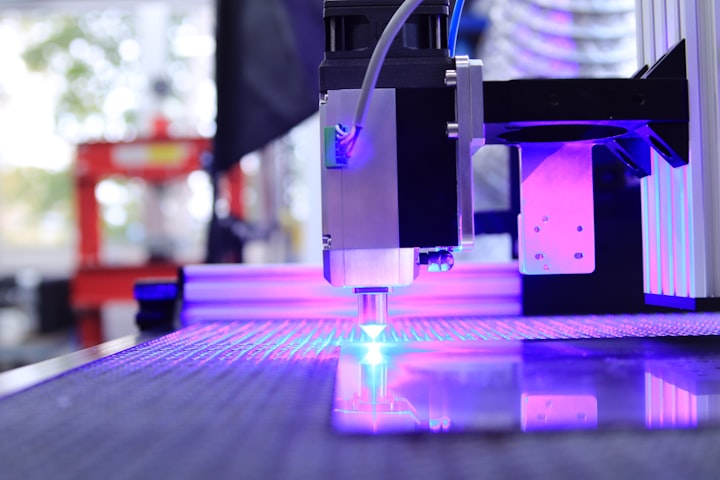
Plastic can sometimes get a bit of a bad press, but it is still an essential tool in many industries. The medical sector is one which is still very reliant on the use of plastic, so in this article, we take a look at why.
Sterility
Plastic is a material that is very easily sterilised, which is one of the reasons why it is used to make the majority of medical equipment. As equipment can be moved from one location to another and used on a number of different patients, it is important that it can be effectively sterilised ready for its next use.
Cost
We all know that the healthcare industry is always short on funds as budgets get spread thinner and thinner, so it is important to keep costs down wherever possible. Plastics can help to achieve this aim as it is a relatively inexpensive material. It allows medical equipment to be produced in large quantities, and the original manufacturing of the material is also low cost, making it a more cost effective option.
Durability
There is an old adage that suggests buying something cheap means replacing it again soon, but this is not always the case where plastic is concerned. In fact, plastic is a very strong and flexible material, which not only makes it strong, but also resistant to corrosion and chemicals. This means that it can be extremely durable, even in a medical environment, with even metal suffering greater levels of wear.
Design flexibility
As plastic can be moulded into almost any shape, the design for medical equipment suffers from very few limitations. It means that any item can be manufactured to accommodate any size, shape or design, ensuring that it is the best type of equipment for medical professionals and patients alike.
Packaging
Whilst plastic packaging is being discouraged in many areas of life, the medical sector is one which still needs it. This is because many instruments and tools need to be packaged in a secure and sterile way, and currently only plastic can provide this. Medical equipment and medication can be needed in all sorts of environments and not all of them will be sterile, so it is important that it is free from contamination in order to reduce the risk of infection for patients.
Plastic is used for all sorts of medical packaging, including the blister packs used for many different types of medicate, IV bags and tubing, device packaging, prescription bottles, serum vials and medicine dispensers to name just a few things.
Single-use plastics
In many areas of life, we are trying to be less dependent on single-use plastics, but this is very different in the medical sector. The need for clean, safe and sterile products means that many different items need to be disposed of after use. Plastic is often the best material for this, as it not only offers the sterility that is required but is also cheap enough to be thrown away when it has been used. This single-use approach has been applied to a number of different products such as pre-fillable syringes, surgical instruments, catheters, diagnostic test strips and home test kits, drug delivery systems, wound care supplied and vials for medications as just a few examples.
When it is essential to keep safety levels high and costs low, it becomes clear why plastic is still so crucial to the medical sector. It allows patients and medical professionals to benefit from the sterility and durability that it offers, whilst not putting to great a strain on the already tight budgets of much of the healthcare industry.






Comments
There are no comments for this story
Be the first to respond and start the conversation.